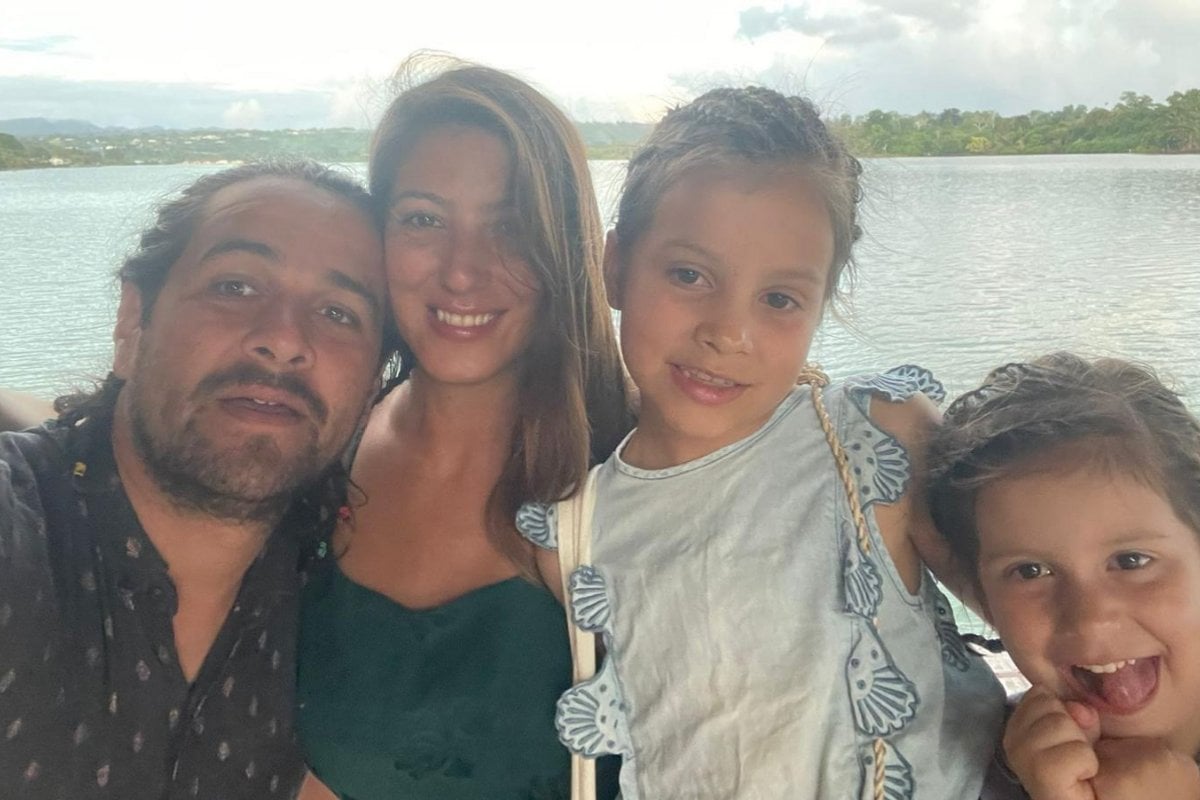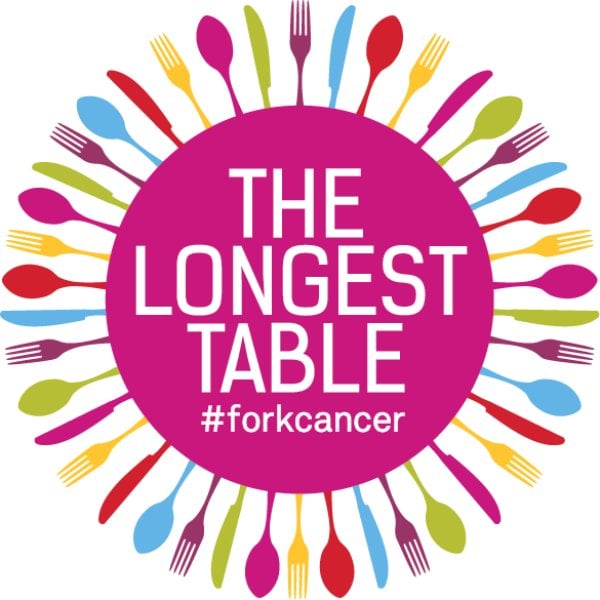

I can remember, with absolute clarity, the evening of November 4, 2017.
It was around 7pm, I was in the supermarket. My phone chimed — my friend Alexis had created a new WhatsApp group.
"Some news" it was called.
Alexis — Lec — was pregnant, just into her third trimester, so it had to be something to do with that. A baby shower date? Some new name ideas maybe — it was something we'd been talking about, and all the girls were being kept updated on the options she and husband James had on their list.
But as I read the message, tears rolled down my cheeks.
"Some disturbing news, but wanted to let you guys know at once," read the text. "I've had a butt load of blood tests and chest scan, which showed internal lumps, as well as some huge ones on my neck... The doctors say they believe it's lymphoma..."
Standing there, holding my basket of groceries, eyes glued to the screen, my legs went weak. I didn't know what to do; there was nothing I could do.
Lec wasn't the first person I knew to be diagnosed with cancer. My grandma had had ovarian cancer. My aunt battled breast cancer, twice. But Lec was in her early 30s. Young, healthy. Pregnant.
Given the statistics, maybe I shouldn't have been shocked. Nearly one in two Australians will be diagnosed with cancer by the age of 85, and almost 444 Australians are diagnosed with cancer every day — which is why initiatives like The Longest Table support cancer research projects through The Hospital Research Foundation Group to find new ways to prevent, treat and cure this heartbreaking disease.
